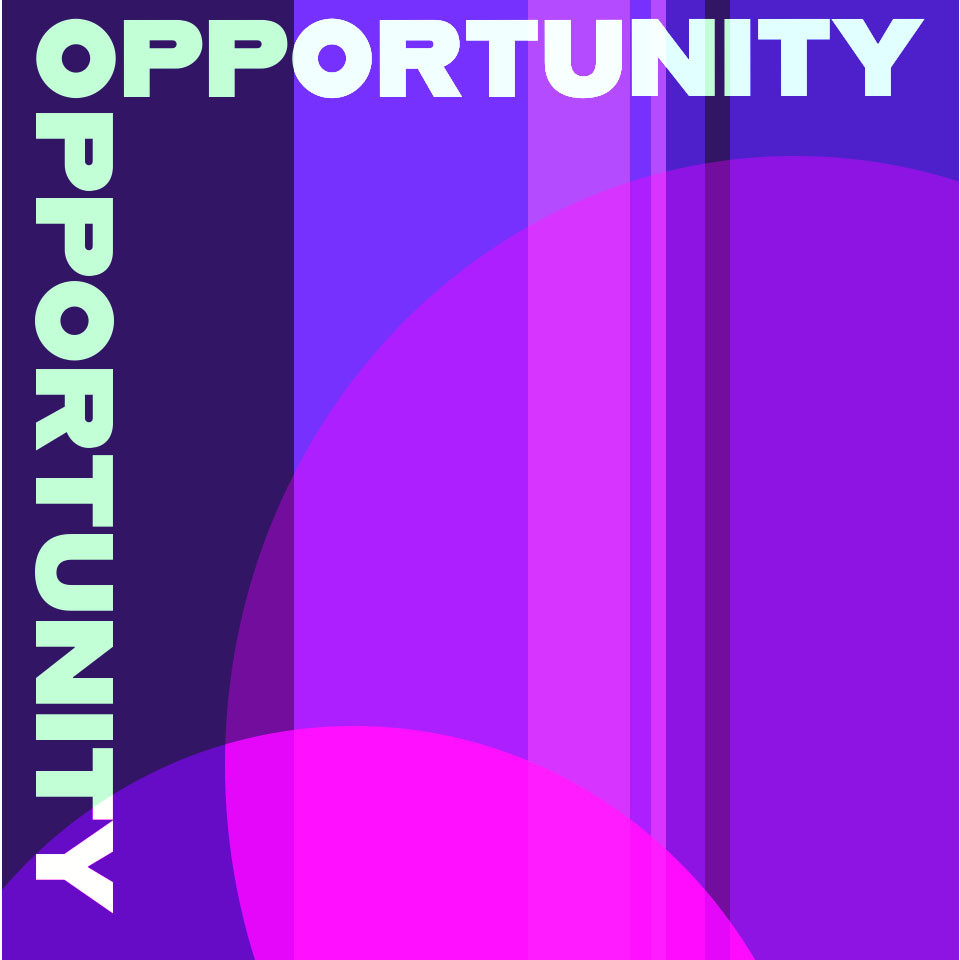
CFP: Comics and Machines Conference 2026
Call for PapersRoyal Institute of Technology in Stockholm & Uppsala University, Sweden
22-23 April, 2026
“Comics and Machines”
Steering committee:
Jan Baetens, Jaqueline Berndt, Jan von Bonsdorff, Gareth Brookes, Benoît Crucifix, Björn-Olav Dozo, Anna Foka, Isabelle Gribomont, Andre Holzapfel, Per Israelson, Gaëtan Le Coarer, Ilan Manouach, Pedro Moura, Everardo Reyes, Keith Tillford, Ray Whitcher
Today, the field of comics is undergoing a profound transformation marked by a growing heterogeneity of forms, formats, and production processes. From synthetic comics, operational images, data-driven visualization to embodied, non-visual comics, comics are expanding beyond the conceptual and historical frameworks that have traditionally defined it. Existing models in research— grounded in the artisanal craft traditions, narratology, text-image correlation, and human-centered authorship— are struggling to account for this rapidly diversifying landscape. Craft-based approaches might appear resistant or inadequate in the face of new technological practices that recombine production, circulation, and reception through computational logics.The current moment compels a broader redefinition of comics as fundamentally technical objects. The boundaries that once separated comics from technical and operational systems are dissolving. To grasp the full scope of these developments, we must account for comics as sites where technological processes are not external influences but internal engines — where creation is entangled with computation, standardization, and new modes of mediation. As computational processes— from machine learning to synthetic image generation and communication systems powered by computer vision— increasingly shape the creation, distribution, and experience of comics, it is no longer sufficient to understand the medium solely through the lenses of narrative, visual storytelling, or artisanal craft. Recognizing comics as engineered configurations of information, relational diagrams, and experimental knowledge structures is not a speculative gesture; it is a necessary step for understanding the profound transformation underway in the medium’s ontology, practice, and future potential.
Within this expanded computational landscape, comics increasingly function as sites of artistic research— experimental configurations that generate knowledge through making rather than merely representing it. As comics engage with computational systems, they become laboratories for investigating the material conditions of contemporary media production. These research-oriented practices extend beyond traditional academic boundaries. Rather than simply illustrating research findings, comics-as-research deploys their unique capacity for relational thinking— the medium’s inherent ability to orchestrate temporal, spatial, and conceptual relationships — to investigate how technical systems reshape creative labor, audience relations, and the very possibility of narrative meaning. This artistic research dimension positions comics not as objects of study but as active investigative tools, capable of generating insights about computational culture that emerge specifically through the medium’s hybrid technical-aesthetic operations.
We are pleased to announce a two-day international conference on April 22-23, 2026 at the Royal Institute of Technology in Stockholm and at Uppsala University dedicated to examining the rapidly evolving landscape of comics. Rather than framing this transformation solely as a rupture, the conference seeks to situate it within a longer history of computational rationality— a lineage in which the medium has continuously negotiated the demands of efficiency, scalability, and technical constraint. Our aim is to critically rethink comics not as passive recipients of technological change, but as active computational configurations: media fundamentally entangled with systems of automation, standardization, and information processing.
We welcome submissions addressing the following areas (among others):
- Histories of automation and engineering in comics production and distribution
- Transformations in formats and workflows driven by technological change
- Comics as data: informatization, discretization, and database design
- Human-machine collaborations in past, present, and speculative comics practice
- Audience and user labor in automated platforms and circulation systems
- Data-mining and recirculation techniques in digital comics ecologies
- Machine subjectivities: authorship, intention, and expression in machinic agents
- Computational archiving practices: scraping, clustering, and vectorization
- Speculative and critical practices addressing automation and machinic mediation
- Industrial logics in comics: international and comparative perspectives
- Resistance to automation: sabotage, slow media, and disobedient design
- Operational aesthetics: the visual and affective languages of automation
- Speculative histories and alternative futures of comics as technical media
- Comics as simulations: diagrams, blueprints, and procedural environments
- Comics as artistic research methodologies: practice-based inquiry and knowledge production where comics are used to interrogate emerging technologies and social systems
We invite submissions for the following presentation formats:
- Research Papers (20 minutes + 10 minutes discussion): Traditional academic presentations suitable for theoretical, historical, or analytical work
- Practice-Based Presentations (15 minutes + 15 minutes discussion): Presentations by creators, artists, and practitioners demonstrating work and reflecting on process
- Interactive Demonstrations (30 minutes): Hands-on sessions showcasing new tools, platforms, or methodologies
- Panel Discussions (90 minutes): Collaborative sessions bringing together multiple perspectives on specific themes
- Lightning Talks (5 minutes): Brief presentations ideal for work-in-progress, provocations, or preliminary findings
- Workshop Sessions (3 hours): Extended collaborative sessions for skill-sharing and collective exploration of tools and methods
Submission instructions:
Abstract length : 250 words
Short bio: 150 words
Deadline for abstracts: 1st December 2025
Notifications of acceptance: 30th December 2025
Send to conference@echochamber.be
With production support by Src Material, a non-profit organization supporting artists and researchers at the vanguard of new media.
